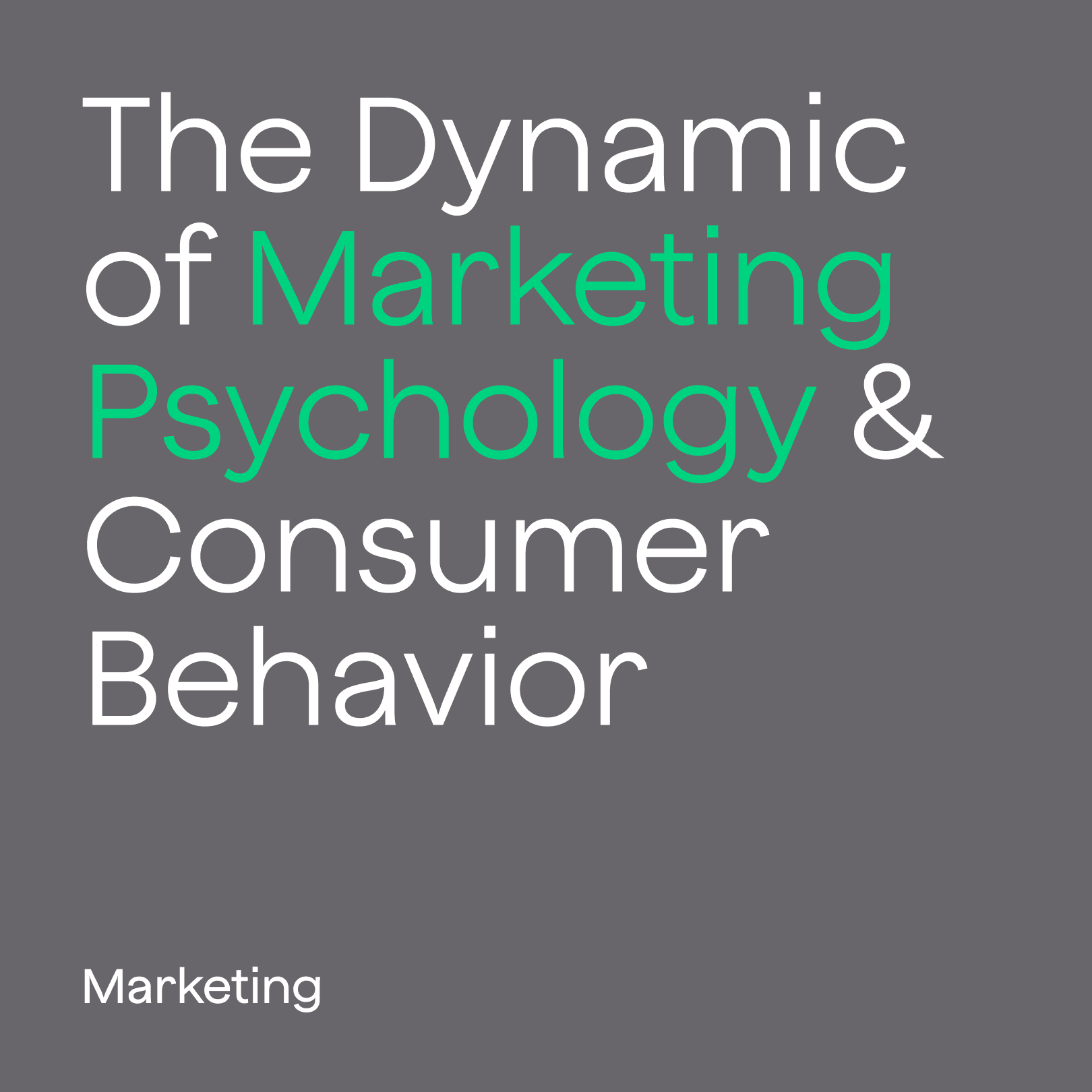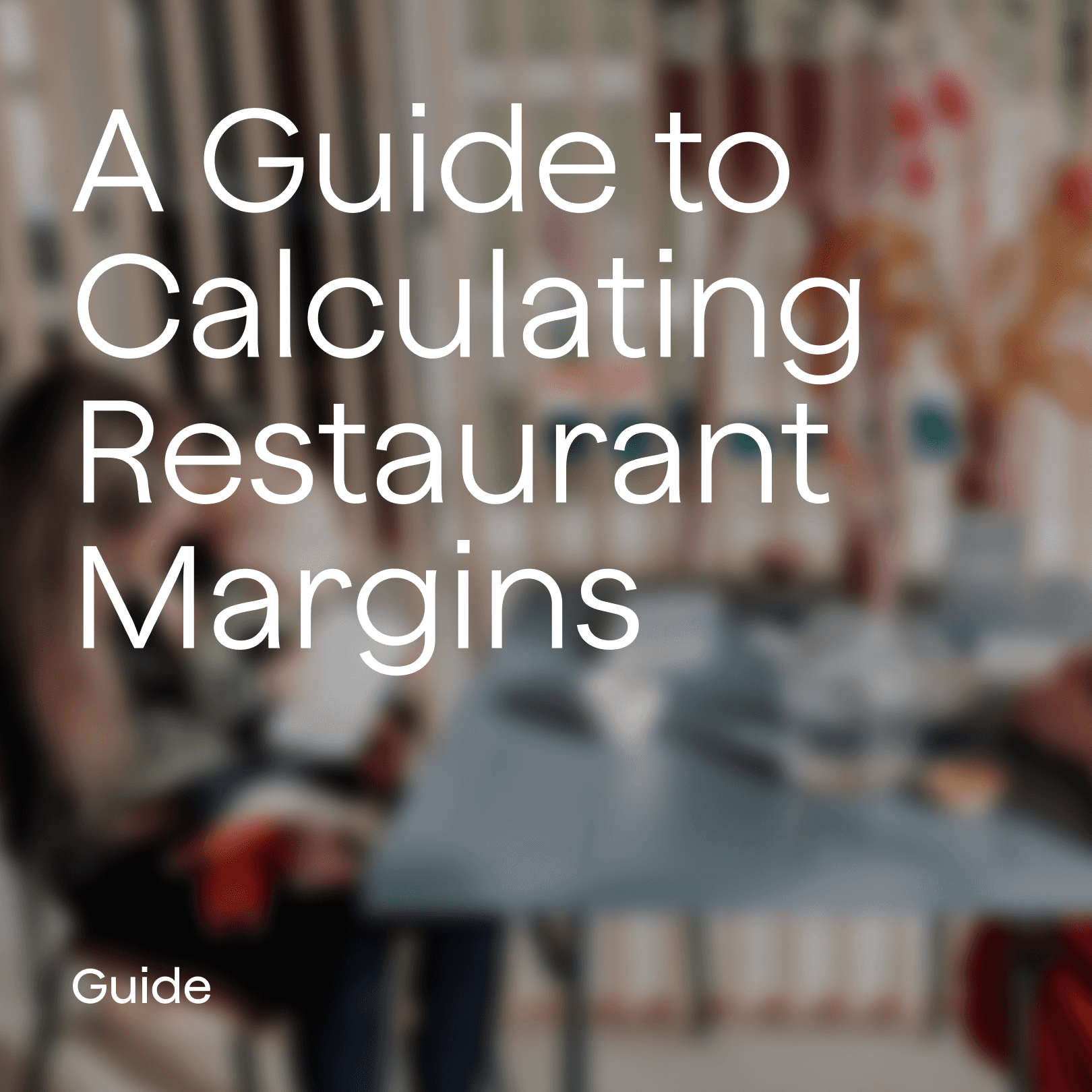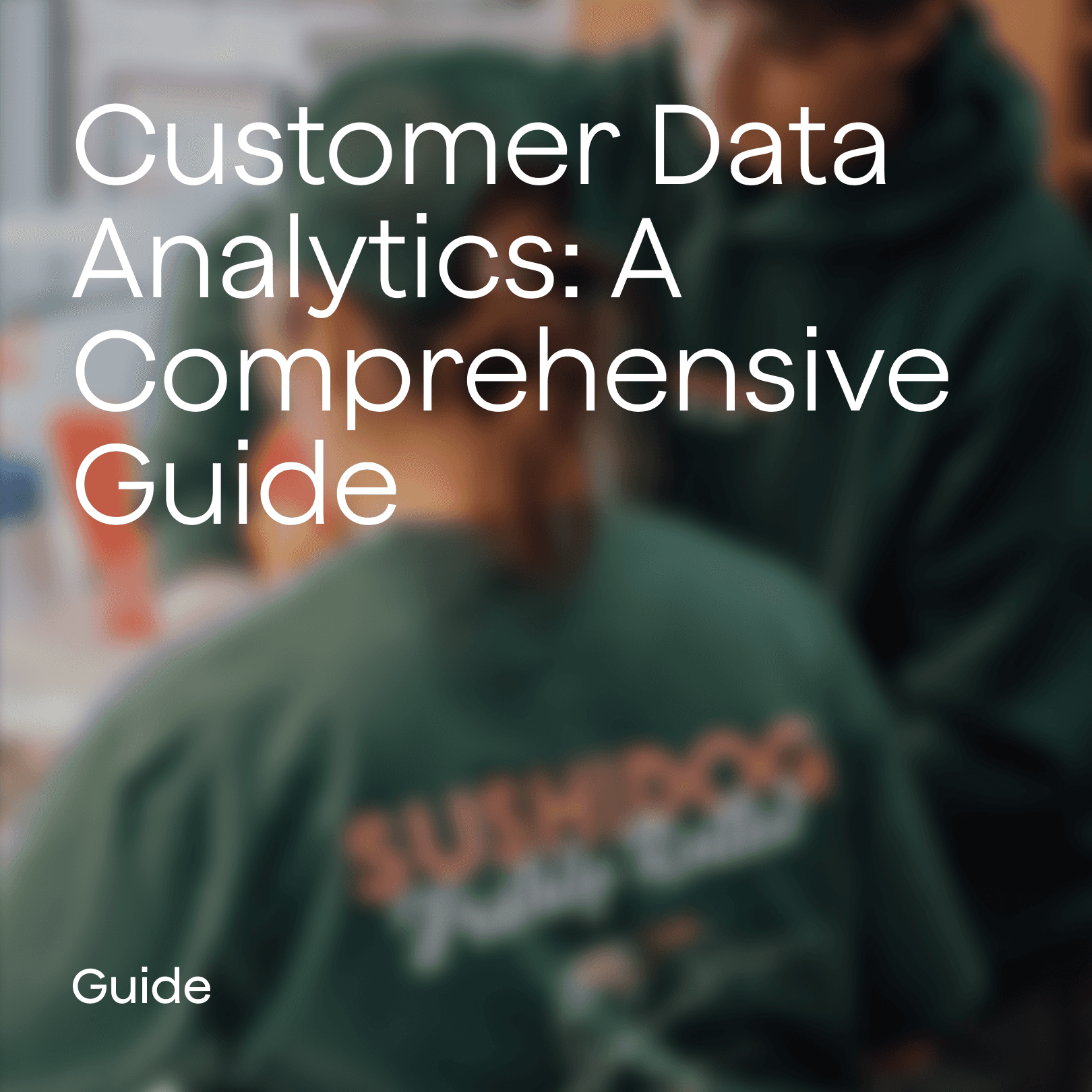Learn how to influence consumer behavior, create effective strategies, and drive conversions using psychological principles.
October 10, 2024
– 6 minute read
The Dynamic of Marketing Psychology & Consumer Behavior
Understanding the psychological underpinnings of consumer behavior is crucial. Marketing psychology isn't just a buzzword; it's a pivotal aspect of creating effective strategies that resonate with audiences. This comprehensive guide delves into the essence of marketing psychology, its real-world efficacy, and the principles that guide consumer behavior. We'll explore how businesses can apply these insights to influence their marketing tactics, enhancing customer engagement and driving conversions.
What Exactly is Marketing Psychology?
Marketing psychology is the study of how psychological principles can influence consumer behavior and decision-making processes. It involves understanding the ways emotions, perceptions, and mental shortcuts impact how consumers interact with products, brands, and marketing messages.
The Science Behind Consumer Decisions
At its core, marketing psychology seeks to understand what drives consumers to make certain decisions, how they perceive different marketing stimuli, and what factors lead to brand loyalty or purchase hesitation. It's an intersection of psychology, behavioral economics, and marketing that offers deep insights into the consumer mind.
Does Marketing Psychology Actually Work in Practice?
The effectiveness of marketing psychology is evident in numerous successful campaigns and strategies implemented by businesses worldwide. By leveraging psychological principles, marketers can craft messages and experiences that tap into consumer emotions and cognitive processes, leading to more effective and impactful marketing efforts.
Real-World Impact of Psychological Tactics
Various studies and practical examples illustrate how applying psychological principles in marketing can significantly influence consumer behavior and improve campaign outcomes. Whether it's creating a sense of urgency with scarcity or building trust through social proof, the practical applications of marketing psychology are vast and varied.
Understanding the fundamentals of marketing psychology provides a foundation for exploring its various principles and their applications. As we delve into specific psychological tactics like scarcity, reciprocity, and the decoy effect, it becomes clear how these concepts can be strategically used to influence consumer behavior and enhance marketing effectiveness. This exploration offers valuable insights for businesses looking to harness the power of psychology in their marketing efforts, ensuring they connect with customers on a deeper level and drive meaningful engagement.
Marketing Psychology Principles & How They Work
Marketing psychology leverages various principles to influence consumer behavior and decision-making. Here’s an overview of some key concepts and how they are applied in marketing.
Scarcity
Scarcity is the principle that people find things more attractive if they perceive them as rare or in limited supply. Marketers use this principle by creating limited-time offers or highlighting the exclusivity of products, which can increase demand.
A study in the Journal of Retailing found that limited stock availability could significantly increase purchase intention.
Reciprocity
Reciprocity is the idea that people feel obliged to return favors. In marketing, this can be as simple as offering free samples or helpful information, expecting that this will make customers more likely to make a purchase.
Giving something of value, even if it's just useful content, can create a sense of indebtedness, as noted in Robert Cialdini’s book, Influence: The Psychology of Persuasion.
Anchoring
Anchoring refers to the tendency for people to rely too heavily on the first piece of information they see (the “anchor”) when making decisions. Retailers often use a high initial price as an anchor, making the discounted price seem like a much better deal.
Cognitive Bias
Cognitive biases are systematic patterns of deviation from rational judgment. Marketers can leverage these biases, such as the bandwagon effect (people doing something because others are doing it), to influence consumer behavior.
Recognizing these biases helps in crafting messages that align with how consumers think.
Heuristics
Heuristics are mental shortcuts that ease the cognitive load of decision-making. Marketers can use these shortcuts to influence consumers, like using simple messages or recognizable patterns in advertising.
Simplifying the decision-making process can be an effective strategy, as explained in The Harvard Business Review. In essence, keep it simple if you want to keep your custoemrs.
Loss Aversion
Loss aversion is the principle that people prefer to avoid losses rather than acquire equivalent gains. Marketers use this by emphasizing what consumers might lose if they don't make a purchase.
FOMO is often seen in campaigns that highlight the drawbacks of not using a product, as shown in studies published by Psychological Science.
Social Proof
Social proof is the idea that people will conform to the actions of others under the assumption that those actions are reflective of the correct behavior. This is seen in marketing through customer testimonials, reviews, and influencer endorsements.
Utilizing social proof can significantly enhance trust and credibility, as per insights from Nielsen.
The Decoy Effect
The decoy effect occurs when consumers change their preference between two options when presented with a third option that is asymmetrically dominated. Marketers use this to steer customers towards a more expensive or profitable option.
Perceived Value
Perceived value is about how much a customer believes a product is worth. Marketers can enhance perceived value through branding, quality descriptions, and pricing strategies.
Improving perceived value can lead to increased willingness to pay and customer satisfaction, which are key to longevous customer relationships.
Influencing Consumer Behavior Using Marketing Psychology
Applying marketing psychology principles effectively can significantly influence consumer behavior. Let's explore how these principles can be strategically used to drive engagement and sales.
Creating Scarcity/Exclusivity
By creating a sense of scarcity or exclusivity, businesses can trigger a sense of urgency in consumers, compelling them to act quickly. This can be achieved through limited-time offers or exclusive products.
As Psychology Today notes, scarcity can make products seem more valuable, driving demand and quick decision-making.
Using Reciprocity for Loyalty Growth
Reciprocity in marketing involves giving something of value to customers, which can foster loyalty and encourage them to return the favor through purchases or advocacy.
Implementing loyalty programs or providing exclusive content can create a sense of indebtedness, leading to long-term customer relationships, as discussed in Robert Cialdini’s Influence: The Psychology of Persuasion.
Using Anchoring to Your Advantage
Anchoring can be used to influence consumers' perception of price or value. By setting an initial high price (anchor), subsequent prices for products or services are perceived as more reasonable.
Retailers can use anchoring in sales or pricing strategies to make discounts seem more significant, as outlined by Harvard Business Review.
Understanding Cognitive Bias & Heuristics
Leveraging cognitive biases and heuristics involves crafting marketing messages that align with common mental shortcuts used by consumers. This can simplify decision-making and influence purchase behavior.
Understanding common biases, like the bandwagon effect, can help in designing campaigns that resonate more effectively with target audiences.
Understanding Loss Aversion
Marketing that focuses on what consumers stand to lose rather than gain can be more effective due to loss aversion. Highlighting the benefits that might be missed if a product isn’t purchased can motivate consumers to act.
Emphasizing potential loss can be a powerful motivator in consumer behavior.
Using Social Proof to Boost Conversions
Social proof, such as customer testimonials, reviews, or influencer endorsements, can significantly influence purchase decisions by building trust and credibility.
Including user reviews or influencer endorsements on product pages can increase conversion rates, as evidenced by Nielsen’s research.
Employing the Decoy Effect
The decoy effect can be employed to nudge customers towards a preferred choice. By introducing a less attractive option, businesses can make their target option more appealing.
The decoy effect is a subtle yet effective way to influence consumer preferences and can be particularly effective in pricing strategies, as analyzed in The Economist.
Understanding Perceived Value
Enhancing the perceived value of products or services can lead to increased willingness to pay and customer satisfaction. This can be achieved through quality branding, compelling product descriptions, and strategic pricing.
Enhancing Value Perception: Improving how customers perceive the value of products or services is key to driving sales and loyalty, as detailed in the Journal of Marketing.



